Get Well And Drinking Water Testing in Austin, TX
Well and drinking water testing services help Austin property owners identify contaminants, ensure safety, and address issues in private wells, municipal supplies, or water systems.
Property owners in Austin, TX who are planning renovations, new construction, or routine maintenance may find it beneficial to explore water testing services for both well and drinking water. Ensuring water quality is an important step in safeguarding health and meeting local regulations. Comparing options among nearby service providers can help identify experienced local contractors capable of delivering thorough testing and accurate results tailored to the specific needs of Austin-area properties.
Continuing to explore water testing services allows property owners to gather practical information for making informed decisions about their water systems. Whether assessing well water safety or ensuring drinking water purity, connecting with reputable local professionals can provide clarity and confidence in managing water quality. Keep reading to learn more about how local service providers can assist with your water testing needs.
- Well Water Testing - necessary when residents in rural neighborhoods or private properties suspect contamination or changes in water quality.
- Drinking Water Testing - recommended for homeowners in urban areas like Austin's central neighborhoods to ensure tap water meets safety standards.
- Private Well Inspection - needed when installing a new well or after periods of drought to verify water safety and quality.
- Water Contamination Assessment - essential if there are unusual tastes, odors, or discoloration in the drinking water supply.
- Water Quality Analysis - useful for property owners seeking to confirm that their water meets health and safety guidelines.
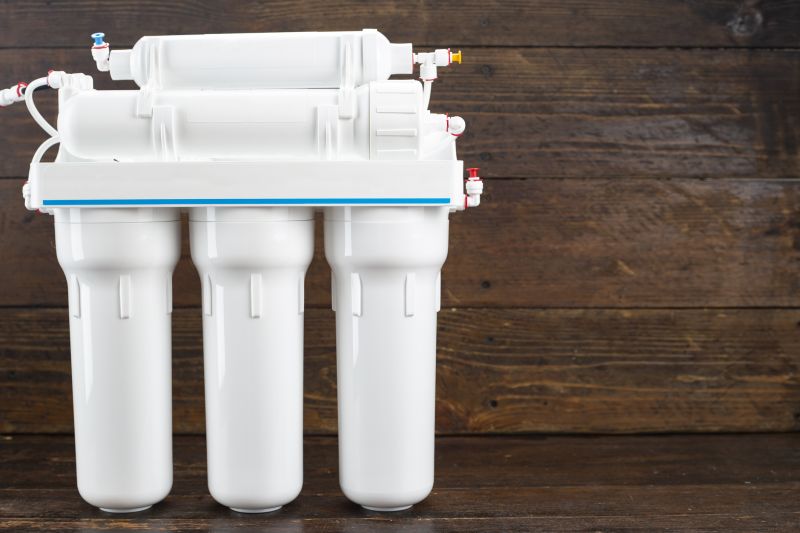

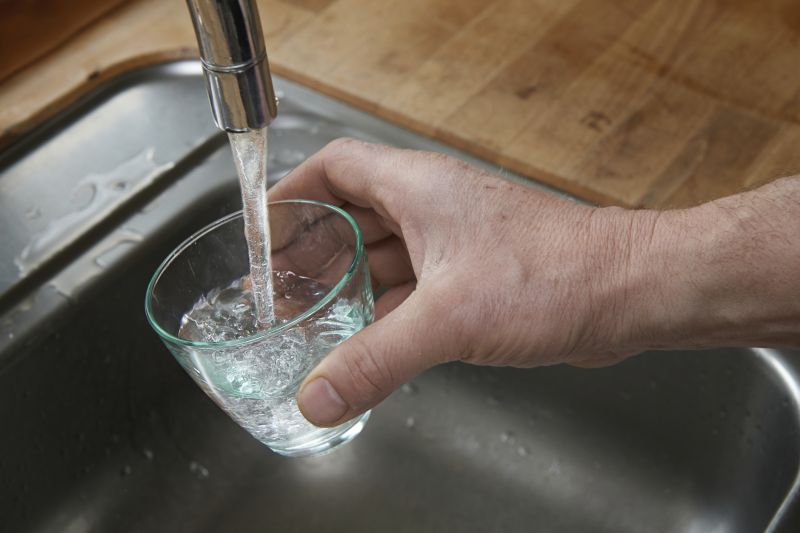
Well and drinking water testing services involve analyzing a property’s water supply to identify potential contaminants, impurities, or other issues that could affect health and water quality. These tests typically examine for substances such as bacteria, nitrates, heavy metals, pesticides, and chemical pollutants. Conducted by experienced service providers, water testing can help homeowners determine whether their water is safe to drink and suitable for everyday use. Regular testing is recommended, especially if there are concerns about changes in water taste, odor, or appearance, or if the property relies on private wells or unconventional water sources.
These testing services help address a variety of common problems, including the presence of harmful bacteria or pathogens, elevated levels of heavy metals like lead or arsenic, and chemical contaminants that may pose health risks. Detecting these issues early can prevent potential health problems and ensure the water supply remains safe for household use. Additionally, water testing can identify issues related to mineral buildup, hard water, or other quality concerns that might affect appliances, plumbing, or overall water clarity. Service providers can then recommend appropriate solutions or treatment options based on the test results.
Properties that typically use water testing services include private homes with well water, rental properties, and properties experiencing changes in water quality. Homes in rural areas or those with older plumbing systems often rely on private wells, making regular testing especially important to ensure safety. Commercial properties, such as restaurants or daycare centers, may also require water testing to meet health standards. In some cases, homeowners may seek testing after repairs, plumbing work, or if they notice issues like discolored water, unusual smells, or skin irritation after using tap water.
Homeowners who are concerned about the safety and quality of their drinking water should consider scheduling water testing to identify potential problems before they become serious. Whether due to recent construction, changes in water taste or smell, or routine maintenance, professional water testing services can provide peace of mind. Local contractors specializing in water analysis can offer comprehensive testing and guidance, helping residents maintain a safe, clean water supply for everyday use.
The overview below groups typical Well And Drinking Water Testing projects into broad ranges so you can see how smaller, mid-sized, and larger jobs often compare in Austin, TX.
In many markets, a large share of routine jobs stays in the lower and middle ranges, while only a smaller percentage of projects moves into the highest bands when the work is more complex or site conditions are harder than average.
Basic Water Testing - for routine testing of well and drinking water, local contractors typically charge between $150 and $300. Many standard tests fall within this range, covering common contaminants and water quality parameters. Larger or more comprehensive testing can cost more, but most projects stay in this middle band.
Standard Water Analysis - more detailed testing involving multiple parameters usually costs between $300 and $600. This range is common for homeowners seeking thorough assessments of water safety and quality. Fewer projects extend into higher price points unless additional testing or specialized analysis is required.
Advanced or Specialized Testing - for testing that includes specific contaminants like heavy metals or bacteria, local service providers often charge $600 to $1,200. These projects are less frequent but necessary for complex water quality concerns or regulatory compliance. Larger, more involved projects can exceed this range.
Full System Inspection and Testing - comprehensive evaluations of entire water systems, including testing, can range from $1,200 to $2,500 or more. Many larger, complex projects fall into this category, especially for properties with older or multifaceted water infrastructure. Routine projects typically stay below this upper tier.
Actual totals will depend on details like access to the work area, the scope of the project, and the materials selected, so use these as general starting points rather than exact figures.
Water Quality Testing Projects - These projects involve analyzing water samples to identify contaminants, requiring similar sampling, testing, and data interpretation skills as well and drinking water testing services.
Environmental Water Sampling - Environmental assessments often require collecting and analyzing water samples from various sources, aligning with the techniques used in drinking water testing.
Well System Installation and Maintenance - Installing and maintaining well systems involves understanding water sources and ensuring water quality, which shares planning and testing methods with water testing services.
Contaminant Remediation Projects - Remediation efforts to remove pollutants from water supplies depend on testing data to identify issues, paralleling the testing process for drinking water quality.
Water Treatment System Installation - Installing treatment systems requires knowledge of water quality parameters, similar to the testing procedures used in well and drinking water assessments.
Hydrogeological Surveys - These surveys involve evaluating underground water sources, requiring sampling and analysis techniques comparable to those in water testing services.
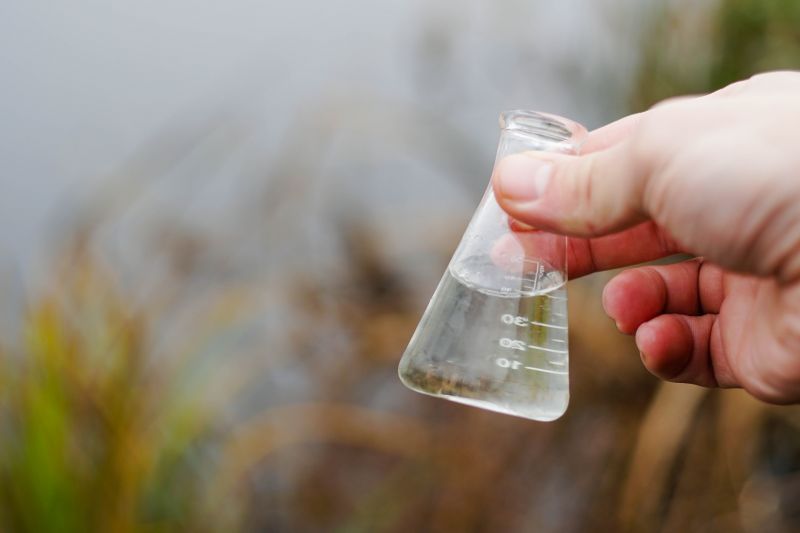
When evaluating service providers for well and drinking water testing, it’s important to consider their experience with similar projects. Homeowners should look for local contractors who have a proven track record of handling water testing for residences comparable to their own. An experienced provider will be familiar with common issues specific to the area, such as local water quality concerns, and will be better equipped to recommend appropriate testing methods and interpret results accurately. This background can help ensure the testing process is thorough and tailored to the unique needs of the home.
Clear, written expectations are essential when comparing local water testing services. Homeowners should seek providers who can provide detailed descriptions of the testing procedures, what types of contaminants will be checked, and how the results will be communicated. Having this information in writing helps prevent misunderstandings and ensures everyone is aligned on the scope of work. It’s also beneficial to ask for reputable references or examples of previous work, as these can offer insights into the quality and reliability of the service provider’s offerings.
Effective communication is a key factor when choosing a water testing professional. Service providers who are responsive and willing to answer questions can make the process smoother and more transparent. Homeowners should look for local contractors who are open to discussing their approach, clarifying any concerns, and providing guidance throughout the testing process. Since the site introduces people to local options rather than performing the work itself, it’s important to contact these providers directly to ensure they can meet expectations and address specific water quality issues effectively.
Property owners in Austin, TX use Well And Drinking Water Testing services for practical projects around their homes and businesses. This guide focuses on everyday jobs and straightforward project options.
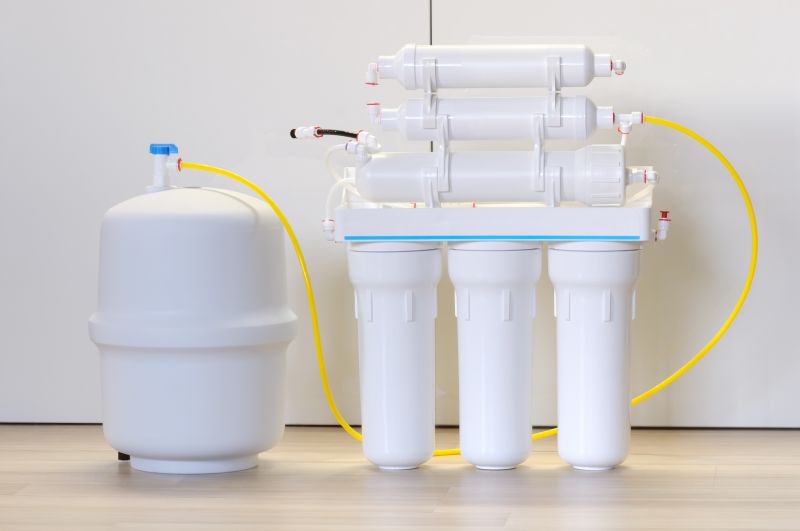
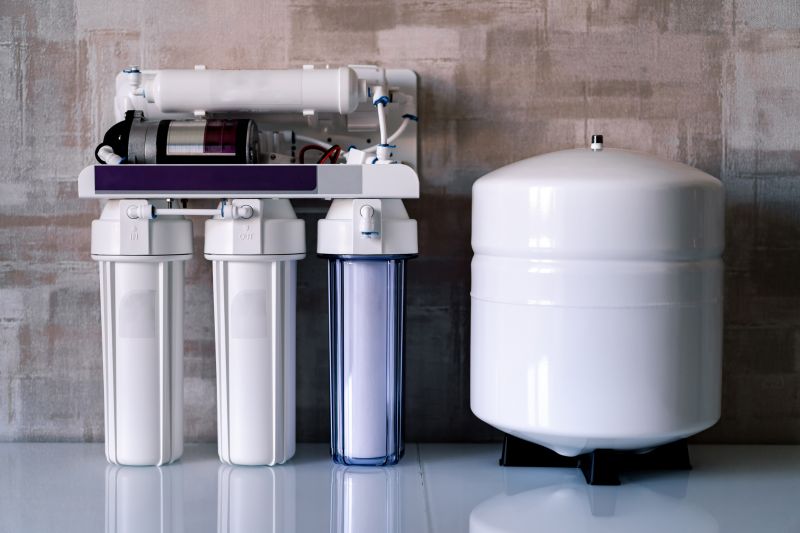
Property owners in Austin, TX may seek well and drinking water testing services when they notice changes in water taste, odor, or clarity, which can indicate potential contamination or mineral buildup. Homeowners planning renovations, installing new appliances, or considering a new well system often look for testing to ensure their water supply remains safe and meets quality standards. Additionally, those experiencing unexplained health issues or concerned about local water quality might contact local contractors to perform comprehensive testing and identify any underlying issues.
In many cases, property owners might also pursue water testing before purchasing a home or after experiencing plumbing problems that could affect water safety. Rural residents with well water frequently rely on testing services to monitor for bacteria, nitrates, or other contaminants that can impact health. Whether for routine checks or specific concerns, local service providers can help ensure that water sources in Austin are clean and safe for everyday use.
Why should I test my well or drinking water? Testing helps identify potential contaminants or impurities, ensuring the water is safe and suitable for household use.
What types of water tests are available? Service providers typically offer tests for bacteria, nitrates, lead, pesticides, and other common contaminants found in well and drinking water.
How often should I have my water tested? Regular testing is recommended, especially if there are changes in water quality or if the property has an older well system.
Can testing detect lead in my water? Yes, specific tests are designed to detect lead levels, which are important for ensuring water safety, particularly in older homes.
How do local contractors handle water testing services? They perform sampling and laboratory analysis to determine water quality and provide recommendations based on the results.
Water Quality Assessment - Property owners can schedule testing to ensure their drinking water meets safety standards for daily use.
Well Water Testing - Homeowners with private wells can use testing services to identify contaminants that may affect health and water clarity.
Water Safety Planning - Residents planning renovations or new installations can have water tested to confirm it’s suitable for plumbing and appliances.
Environmental Water Checks - Landowners can assess nearby water sources for pollutants before using the water for irrigation or recreational activities.

If you are thinking about Well And Drinking Water Testing for a property in Austin, TX, this guide is meant to help you understand the work, the typical project types, and how different options might fit your plans.
When you are ready, you can use the quote form on this page to share a few details about your project. From there, local pros can review the basics and respond with options that match what you have in mind.
